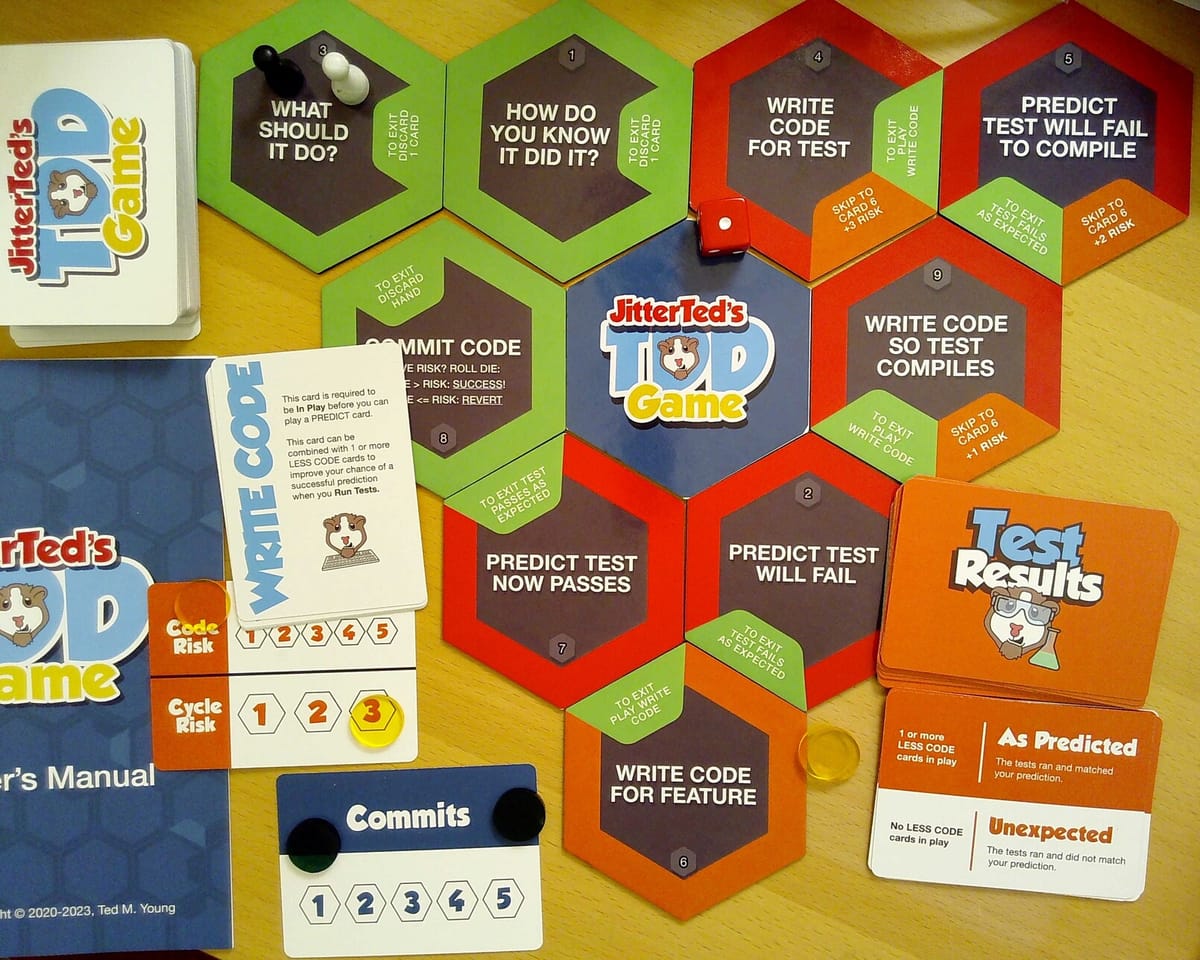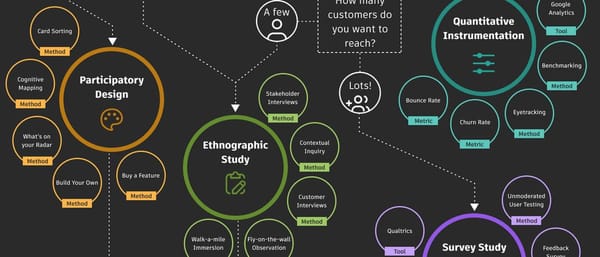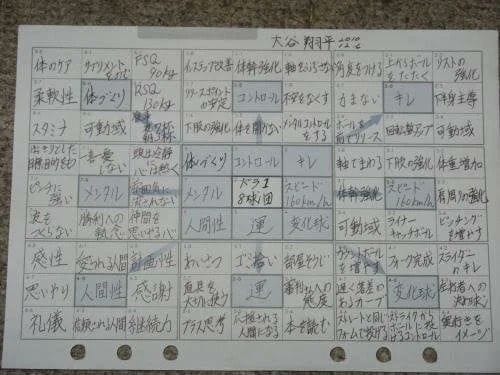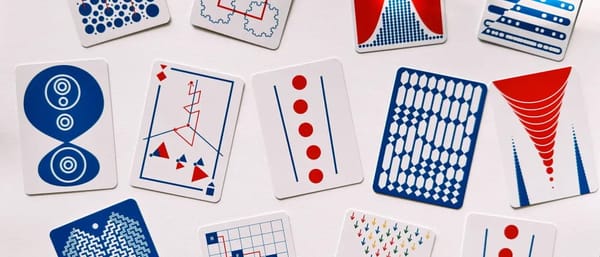№ 29 | TDD Cards, Centered vs Connected, Knowledge Operations, Kind Games, and (Not) Avoiding Why

TDD Game
Here's a new (in development) board game, created to teach… 🥁Test Driven Development!

From the description:
Play JitterTed's TDD Game where you try to get the most code committed without bugs! Based on the Predictive Test-Driven Development process, you decide whether to take on risk by skipping tests, or play it safe by writing less code along the way.
More at: https://tdd.cards
Centered vs Connected*
As someone who has used the phrase ‘from human-centered to humanity-centered,’ I felt called out—in a healthy, provocative way—by this article from Jen Briselli “The Future of Experience Design Is Connected, Not Centered.” The fundamental frame of this article is that ”the limits of human centered design are in the second word, not the first.” After reading this, I can't help but spot every phrase that follows the ‘[x] centered’ phrasing pattern. 🤔
Knowledge Operations
I'll be revisiting this post several more times—I think there's an intriguing hinted at ‘Knowledge Operations’ taxonomy. But, the focus here is on how “when we change the efficiency of knowledge operations, we change the shape of society” (a response to the AI craze. 🤯
Kind Games
There is so much to love about this proposal from Daniel Cook for Kind Games:
What if we proactively design our games to facilitate positive human relationships? We propose that games built on a foundation of kind aesthetics can deliver greater player satisfaction, greater long term engagement, and richer human experiences.

While the focus on on prosocial games, I can see this same thinking—especially the identified ‘game design patterns for prosocial mechanics’—applied to collaboration software. (NOTE: I copy and pasted the 37 patterns into this table, to make it easier to grok—enjoy!)

(Not) Avoiding Why
“15 Ways To Ask Why Without Asking Why” pairs well with last week's post about good questions. While the context is slightly different (coaching or deepening relationships vs getting answers), both articles promote the shift from the potentially confrontational ‘Why?’ questions to the more exploratory ‘What’ and ‘How’ questions.
Oh, and you gotta love this off-handed remark:
You’ve probably heard about the 5 Why's. Quoted often, yet rarely implemented (except that time my husband tried it on my teenaged son…)
😂





